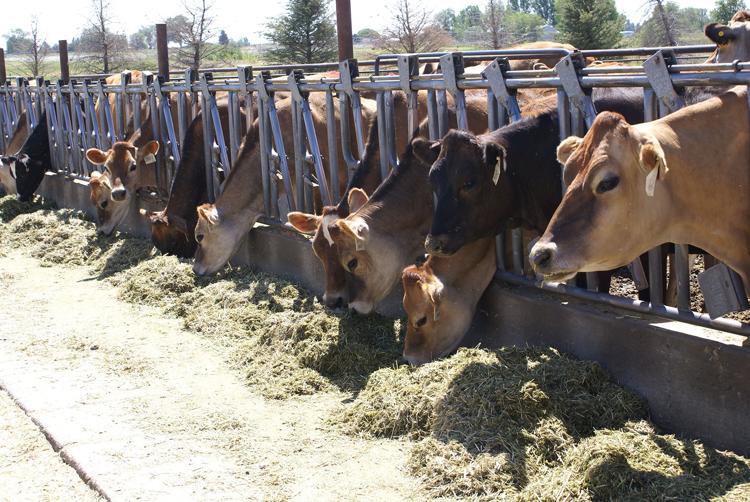
The United States-Mexico and Canada(USMCA) trade deal more than week ago, and some are already wondering if it will add relief to the agricultural producers who have been hurt by Covid-19.
When the coroanavirus hit earlier this year it it had an intense impact of the dairy industry.
“When the restaurant industry shutdown that really hit demand in a big way for the dairy industry,” said Rick Naerabout, CEO Idaho Dairymen’s Association.
Before Covid-19 the total farm-gate receipts for Idaho dairy operations in 2019 was $2.8 billion, according to University of Idaho Dairy & Livestock Economics Hernan Tejada, with a good portion of Idaho’s dairy exports going to Mexico and some to Canada.
“Mexico is a good trade partner. . . With about 25 percent of all U.S. dairy exports going to Mexico. Canada is vastly different. They are very protective of their dairy market, and we have very little access in the Canadian market to sell U.S dairy products,” said Naerabout
With the USMCA now in effect U.S. dairy exports are projected to increase by more than $314 million a year, according to the International Trade Commission, but Naerabout doesn’t see the deal having a huge windfall for Idaho dairy farmers.
“First we were able to crack the door open a little bit on being able to export dairy products into Canada, but that is still a very small amount of overall production,” said Naerabout.
Tejada said he agrees with Naerabout.
“I think Canada has opened up a bit, but mexico is our biggest trade partner by far,” said Tejada.
Tejada and Naerabout said idaho has more than 400 dairy farmers, and loses about 15 to 20 every year according to Naerabout, and he does’t see this deal changing that anytime soon.
“There is not enough of a windfall in this deal that it would incentive a dairy producer to comeback,” said Naerabout.
























